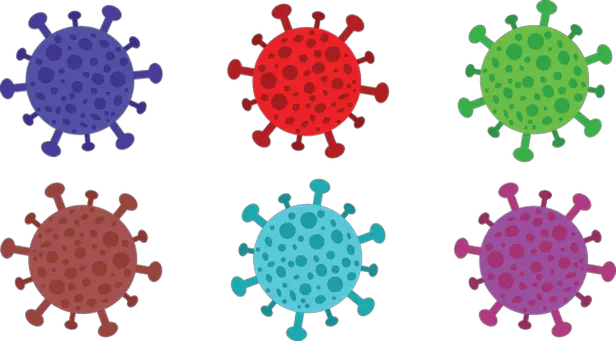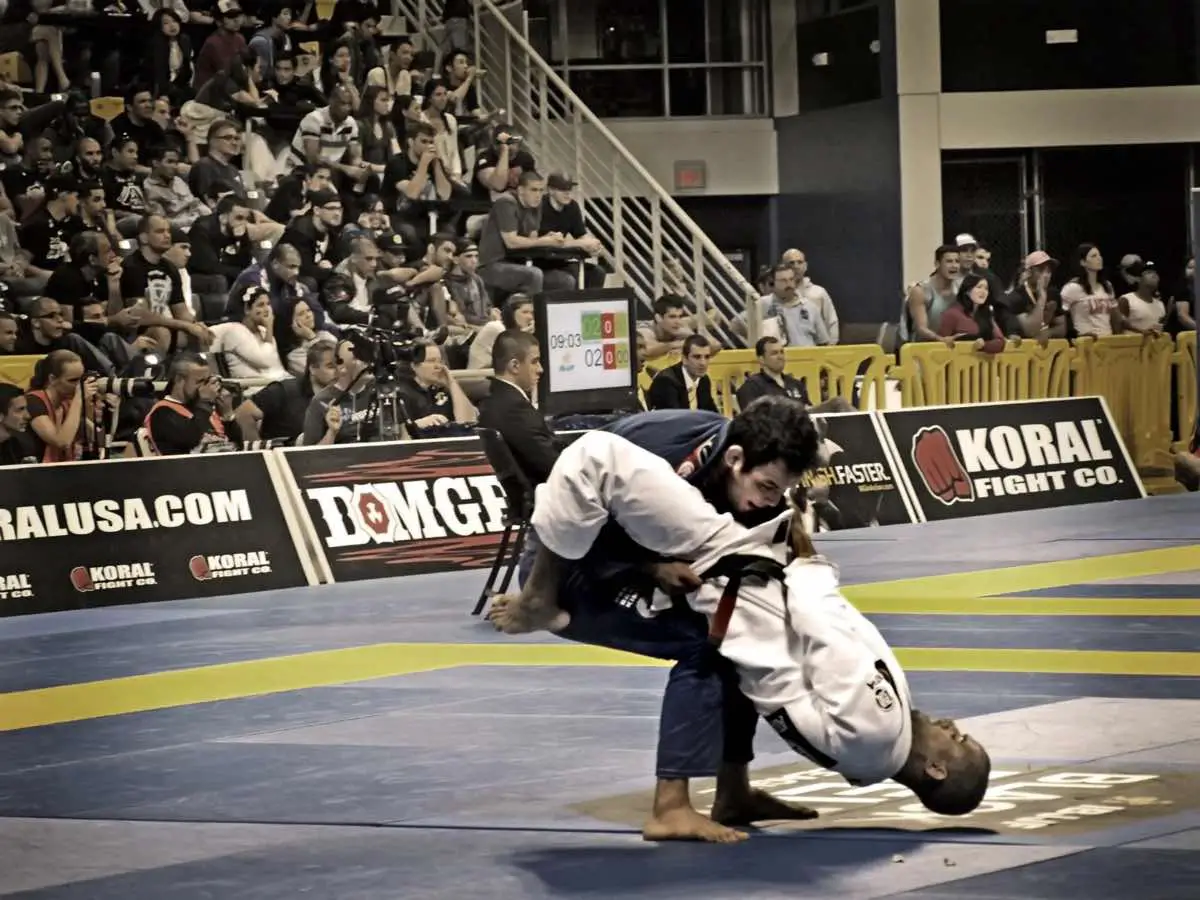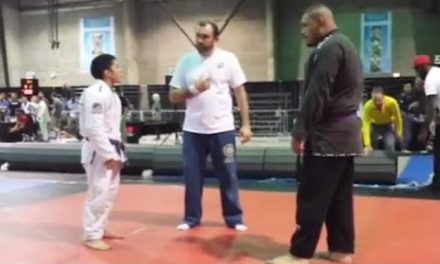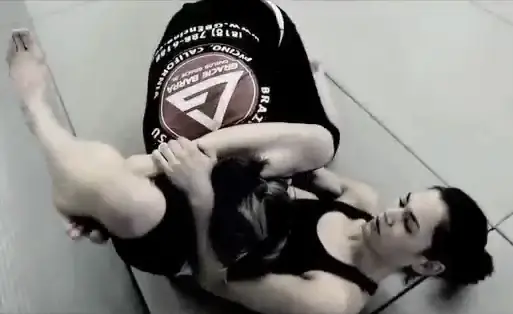As fun as grappling on the mats with your buddies can be, it goes without saying that the grappling process is not without its inherent risks. When asked about BJJ risks, most people would say that muscle and ligament strains and tears are the most common. However, there is a big case to be made about the dangers of skin diseases that can be transmitted through BJJ.
And one of the most frequent skin diseases that many people aren’t even aware that they have, is herpes. Herpes is caused by the herpes simplex virus and one of its most common manifestations are cold sores on or around the person’s mouth.
Most people don’t develop any serious complications with the oral variant of herpes and the cold sores usually go away in a few weeks, being nothing more than a transient nuisance. However, this doesn’t mean that people are oblivious to getting contaminated with herpes when rolling on the mats. Of course, we have to preface this article with the fact that we’re not medical doctors. If you have any questions regarding herpes or any other medical condition, it’s best to consult a professional.
Does everyone have herpes?
As common as the virus is, it would still be wrong to claim that everyone has it. Some estimates claim that about 2/3 of the world’s population has it – and the virus is even dormant in some people that don’t develop any symptoms at all. Not everyone has herpes though, and it’s safe to say that those that don’t have the virus – don’t want to get it.
So, the best way to go about it is to develop some habits that will keep you safe. And since herpes is highly contagious, you need to be very diligent about these protective habits, especially when training BJJ.
Can you avoid herpes from grappling?
The best way to avoid getting herpes from grappling is to not grapple at all. However, we get that this is not the right approach for fans of the sport as some of you would gladly bear the risk of getting herpes as long as you get to roll on the mats.
So, if you want to keep on rolling and keep your health intact, the first thing to do would be to get a quality rashguard. Despite what the name suggests, a rashguard offers more than protection from rashes – it’s also a great way to protect your skin from staph infections, ringworm and – herpes.
But of course, you can’t count on covering all your body, and some areas will remain open – usually your feet, hands and head. If a person has an acute herpes infection, then they will exhibit the dreaded cold sores, usually on their mouth. If you notice that someone has cold sores, then it’s best that you don’t roll with them for the time being until the infection clears out.
Also, it’s a must that the owners of the gym where you train do their best to clean the place after every training session – using chemical solutions that are known to clean viruses and bacteria. If you notice that the hygienic habits at your gym aren’t satisfactory, then it may be better for you to consider switching gyms.
And don’t let anyone fool you – cold sores are actually manifestations of the herpes virus. So, if you see someone that has open sores on their mouth and they tell you not to worry, “it’s just cold sores”, then it means that they practically confirm that they have herpes outbreak. Don’t roll or work out with them for the time being.
It’s impossible to get 100% protection from herpes infections, but if you follow the advice from above, then you will have the best chances of doing so. Remember, your first goal is to remain healthy when training. So, if you see that there are people that really don’t care if they get herpes when training – don’t let them convince you that it’s not a big deal at all. If you get herpes, then you will have the virus in your body for the rest of your life, with periodical outbreaks in the form of painful and irritating cold sores. So, it’s best to remain safe with healthy habits and not get herpes in the first place.
Sources:
https://bjj-world.com/common-bjj-skin-infections/
https://www.dhhs.nh.gov/dphs/cdcs/documents/herpes-gladiatorum.pdf











